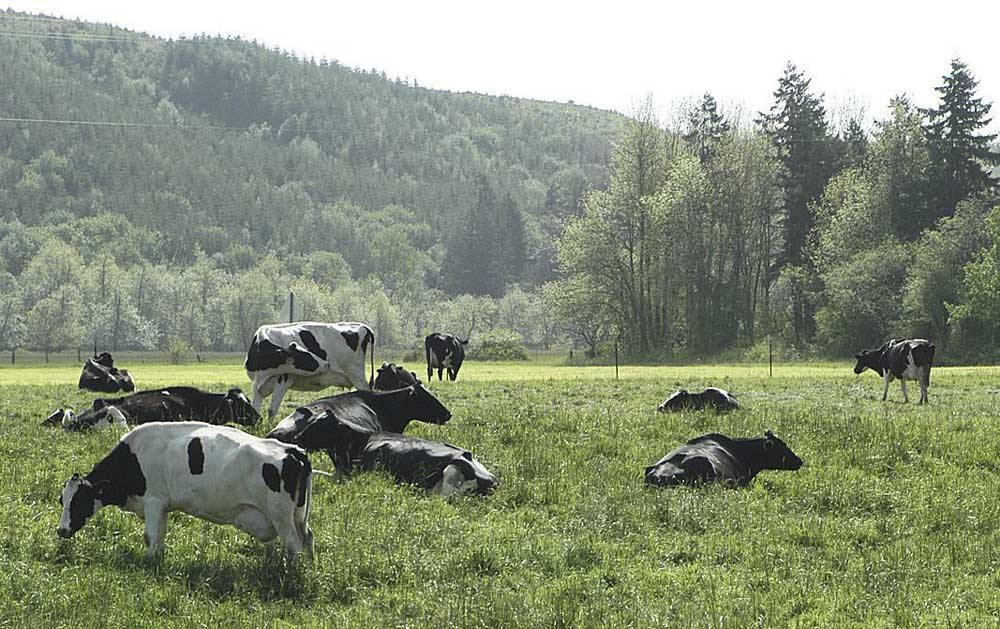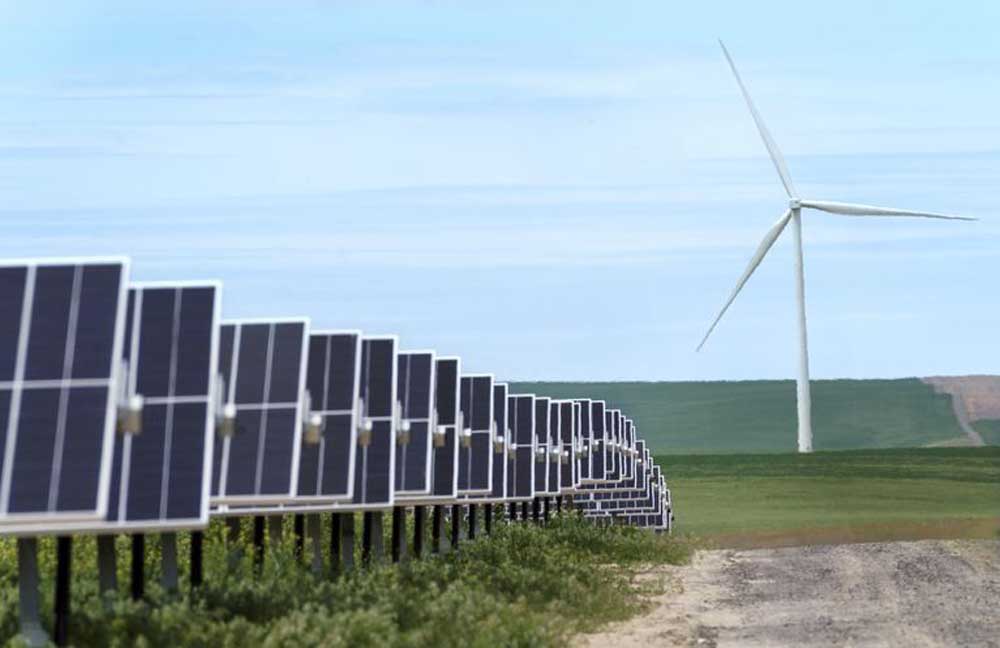Farmers must take their message to the public
Published 5:28 am Tuesday, November 21, 2017

- Capital Press File Ag can't change the minds of activists, but it can engage reasonable people who can be swayed by the facts.
At least a couple times a year one group or another reaches out to the Capital Press seeking advice on how to get their message about agriculture to consumers in urban markets.
The conversation takes a predictable course.
“There’s so much misinformation on the internet. People in the city don’t understand farming (ranching, GMOs, dairies, pesticides, wolves, commodity prices, trade, etc). How can we get the facts and our perspective to city media outlets?”
It’s an age-old question.
You can try to get an op-ed piece printed in the Oregonian or the Seattle Times and you might make some headway. You could go directly to the online sites spreading misinformation and challenge them.
But farmers and ranchers really can’t compete with bomb throwers on the comment sections of social media posts or of stories on news websites.
Those probably aren’t the people agriculture needs to reach anyway. Ag can’t change the minds of activists, but it can engage reasonable people who can be swayed by the facts.
The best way for ag groups to get their message to nonfarmers is to go directly to those consumers, either online or in person. And because facts only go so far, the best way to present the message is to put a human face on it.
There are any number of examples of farmers and ranchers using personal blogs, YouTube and Facebook to refute common misconceptions about agriculture. An Oregon dairy farmer in Tillamook County for example, does an excellent job on Facebook teaching people about his industry. A recent video post discussed the feedstuffs and nutrition supplements he feeds his herd.
We think ag groups should work to get farmers and ranchers in front of the urban civic and church groups that are always looking for a lunch or dinner speaker. These are receptive audiences whose perceptions can be changed.
Closing the rural-urban divide and challenging the misinformation about agriculture found on the internet requires a constant effort. Retail politics wins campaigns.








